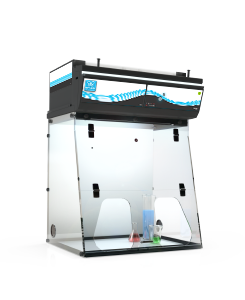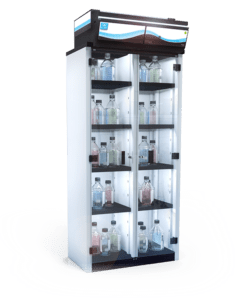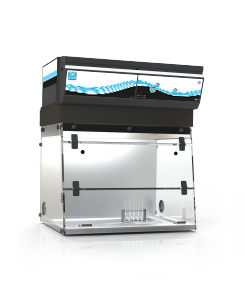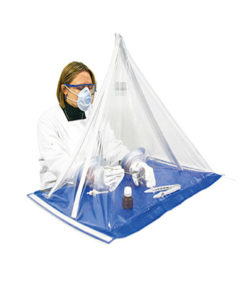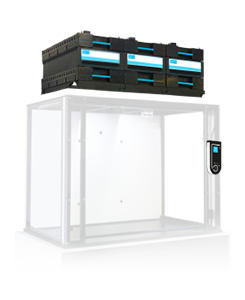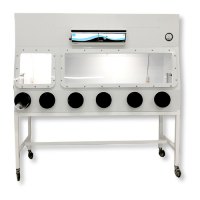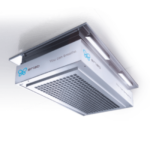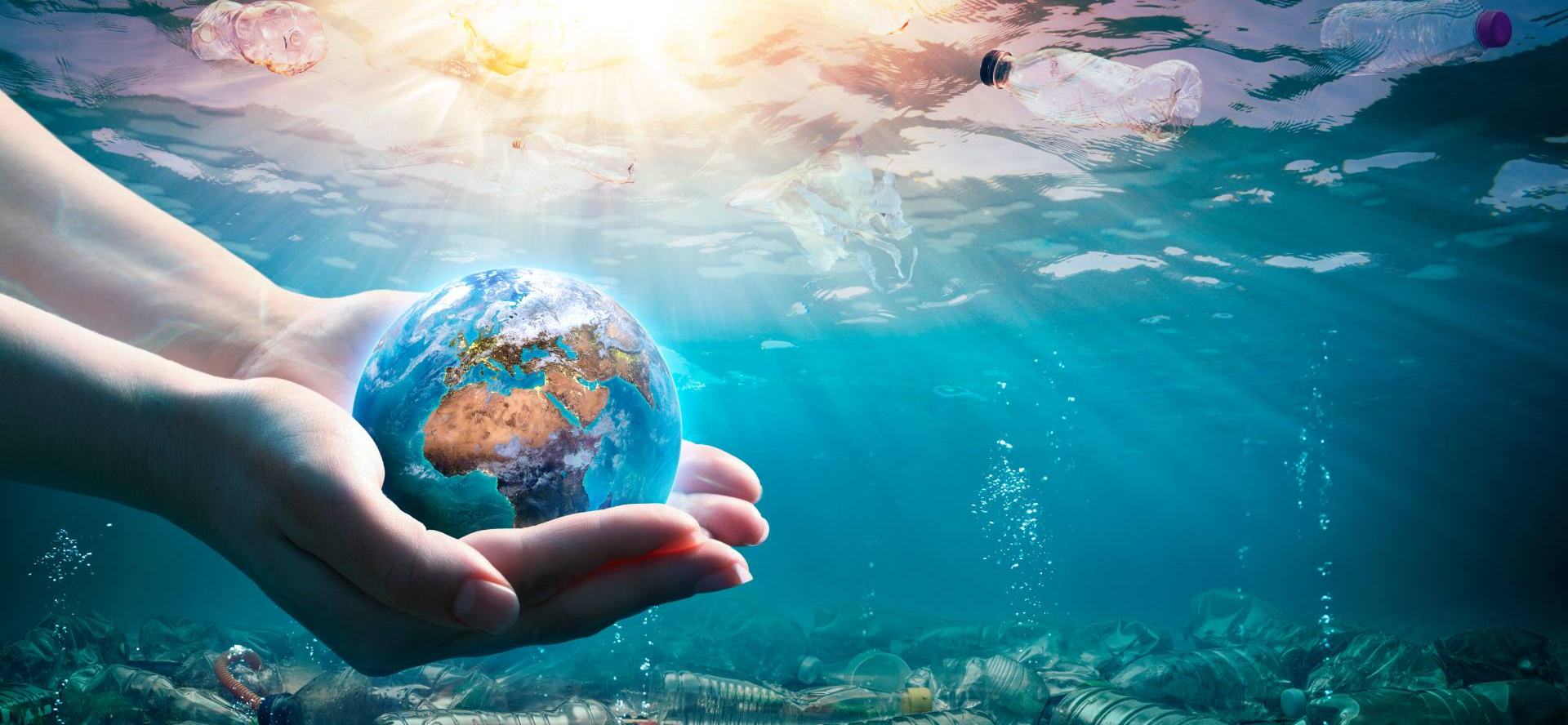In our search for a partner in product sustainability, we have chosen CleanHub to assist Erlab in cleaning up 10,000 kg of waste that would otherwise end up in our oceans. We have joined forces with CleanHub because every minute, the equivalent of one garbage truck of plastic is dumped into our ocean – and that has to stop.
CleanHub empowers companies to take immediate responsibility for their plastic footprints. They connect ocean-loving brands with local communities, and facilitate the collection and safe processing of non-recyclable plastic. They understand the importance of proving impact, and have built track & trace technology to provide evidence of how much plastic is collected, and where it ends up after they take care of it.
How waste management prevents plastic pollution
Two billion people in coastal regions don’t have access to proper waste management. Trash is either openly burned, dumped, or piled onto poorly managed landfills, destined to impact our climate. Waste management systems prevent trash from ever leaking into nature or being burnt under the open sky.
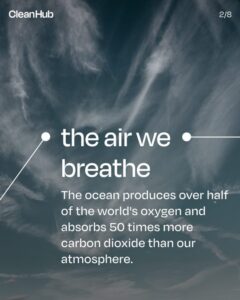 We have a vested interest in preventing ocean pollution by plastic. Three major reasons why protecting the ocean is a number one priority for Erlab:
We have a vested interest in preventing ocean pollution by plastic. Three major reasons why protecting the ocean is a number one priority for Erlab:
- The ocean produces 50% of the oxygen we breathe
- The ocean absorb 25% of all carbon dioxide emissions.
- The ocean is our greatest ally against climate change.
Plastic pollution is solved on land, not in the sea. Rainwater, wind and floods carry plastic waste from the land into the oceans. Erlab partnered with CleanHub to collect plastic waste before it can enter the most precious ecosystem on earth. CleanHub builds waste management systems where they don’t yet exist, to stop plastic waste before it gets burned, or ends up in landfills or oceans.
Their trash tracking technology creates a transparent audit trail to maximize impact and ensure what a company signs up for is actually what’s happening on the ground.
The Process
CleanHub’s Collection Hubs in India, Indonesia, and Cambodia all intercept waste before it even reaches the environment by collecting it directly from households as well as waterways, and fishermen’s bycatch from the ocean.
CleanHub helps build these collection systems, providing communities with access to waste management for the first time to prevent open dumping and burning. Every financial contribution helps to expand the model across coastal regions in this world and creates stable and dignified jobs for local communities.
After the waste has been collected, it is sorted into different categories so each material can be disposed of correctly. Recyclable goods are sold for local recycling. Non-recyclables are sent for co-processing. Co-processing refers to the simultaneous recycling of mineral mate rials and recovery of energy in the process of cement manufacturing and achieves a superior environmental performance as compared to landfill and incineration. For co-processing recovery we partner with Geocycle.
Live Impact
Erlab is part of a large community of conscious brands that fund the recovery of plastic. This data shows a one month timeframe of total amount of plastic that has been collected by our sponsored hubs and recovered through CleanHub to date.

In the words of Jacques-Yves Coustea: “The environment is not a luxury, but a necessity for life.”
Additional Relevant Information:
Click here to read the full CleanHub 2024 Plastics Report and consider getting your brand involved.



